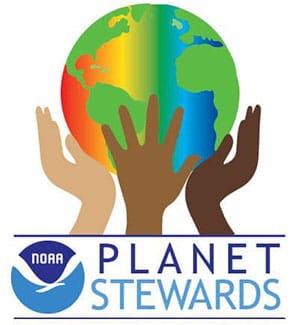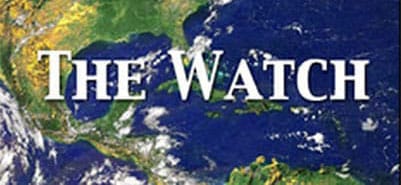NOAA Planet Stewards Webinars
To receive the latest announcements about upcoming webinars of note, sign up to the Planet Stewards mailing list.NOAA Planet Stewards Workshops
To receive the latest announcements about upcoming distance and face to face learning opportunities as well as educator and student opportunities and resources, be sure to sign up to the Planet Stewards mailing list.


Social